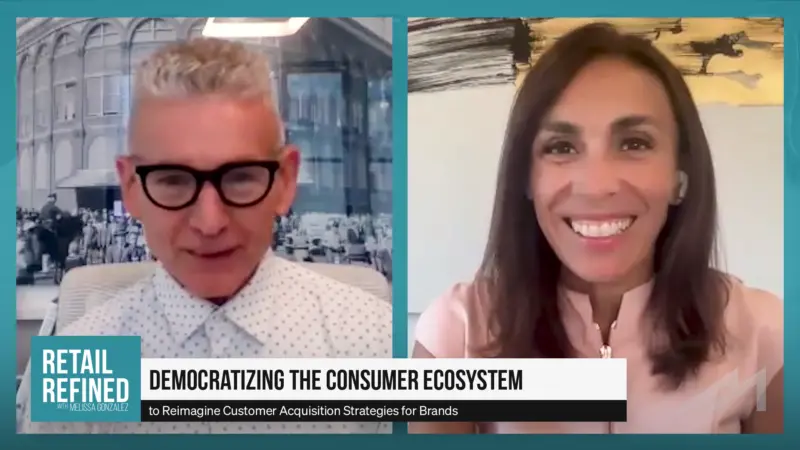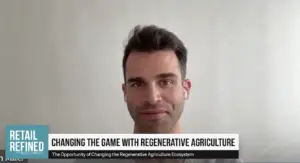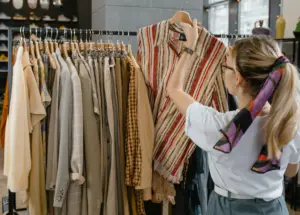Why the Rebirth of “Local” is Good for Commerce, Community and Common Sense
It goes without saying that the COVID-19 pandemic has changed so much of the world, and the effects of it will continue to be in conversations in the years to come. In an edition of “Reinventing Normal,” host Mark Landini talked with senior features editor for the U.S. Chamber of Commerce, Barbara Thau, about the state of business and the reinvention of local.
Because so much business and the culture surrounding it has drastically shifted, the future of it has been left up to the consumer. This consumer-driven trend has changed the way big and small businesses operate, the real estate market, and even office culture. Thau stated that the restrictions of quarantining and remote work redirected a lot of consumers back to the local businesses and created a newfound reliance on them.
“The people who literally had to quarantine in their neighborhoods, we’ve seen that behavior – the local behavior, the community, and the local stores becoming their haven – become their habits, their routine,” said Thau.
Thau said that despite most stores reopening back to normal and pre-pandemic store hours, that hasn’t changed the trend of the patronization of local businesses. She stated that over 56 percent of consumers are shopping and supporting locally, and 86 percent say they’ll continue to do so.
Remote working has also played a role in the change. With the majority of workers still not back in the office, the real estate market for office spaces demonstrated another change, and everyday people are actively contributing to that even if they’re working fully remote or through the hybrid market.
But Landini contends the social nature of humans might drive back the trend to the offices as people might not be able to seek the same type of community in their neighborhoods, as they would in the office.
But perhaps not. Even big corporations like Walmart and Amazon have already reinvented and adapted to the demand for all-things local by hopping on to the momentum. Thau said that this showcases how much the trend has shifted to local.
“This is important and I don’t know if it’s gonna continue, but I’m just saying that these are indicators of how people are shopping,” said Thau.
And startups are not too far behind either.
Still, Landini discussed the physical aspect of life and how that will always have an effect on what’s to come. Thau agreed and added that businesses such as bookstores, that have long taken a hit, saw a resurgence during the pandemic.








